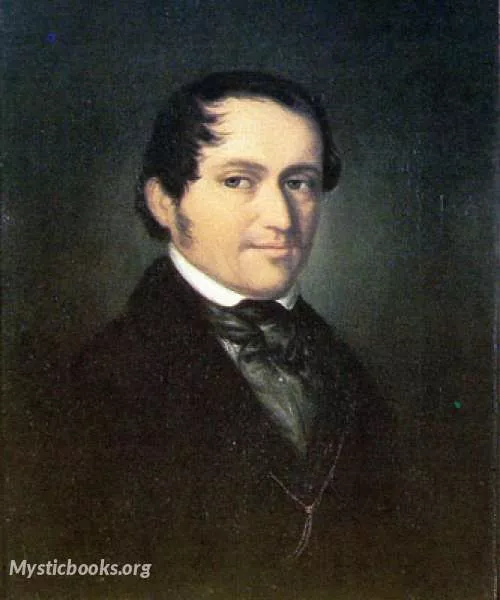
Timeline
Title
Country/Nationality
Freidrich Wieck
Johann Gottlob Friedrich Wieck was a noted German piano teacher, voice teacher, owner of a piano store, and author of essays and music reviews. He is remembered as the teacher of his daughter, Clara, a child prodigy who was undertaking international concert tours by age eleven and who later married her father's pupil Robert Schumann, in defiance of her father's extreme objections. As Clara Schumann, she became one of the most famous pianists of her time. Another of Wieck's daughters, Marie Wieck, also had a career in music, although not nearly so illustrious as Clara's. Other pupils included Hans von Bülow.
Wieck was born in Pretzsch, not far from Leipzig, in 1785, the son of a not very successful merchant. Although the family was not musical, Wieck was deeply interested in music and attended the Thomas-Schule in Leipzig in 1798; however, because of illness, his stay lasted only six weeks and he was forced to return home. In 1800 he attended the Torgau gymnasium, where he received his only formal training in piano, six hours of lessons from Johann Peter Milchmeyer. He had little exposure to the wider world of music and he later developed his pedagogical theories by reading Jean-Jacques Rousseau and Johann Heinrich Pestalozzi.
He studied theology at the University of Wittenberg in preparation for the ministry, matriculating in 1803, and, having preached the obligatory trial sermon in Dresden, he left theology. The following nine years he worked as a private tutor to various wealthy families in Thuringia. He became a friend of a music teacher, Adolph Bargiel, at his first position with a Baron von Seckendorff in Querfurth, and in 1815 he composed a group of songs which he sent to Carl Maria von Weber. The songs were published and reviewed in the Allgemeine musikalische Zeitung. Spurred on by a favorable comment (also including harsh criticism) from von Weber, he left his position as a tutor and established himself in Leipzig as a piano teacher and in the business of renting and selling pianos and other musical instruments and keeping a music lending library, which Richard Wagner was known to use.
Marriage was considered by Wieck as a means to improve his status, which he did in 1816 by marrying Mariane Tromlitz. Tromlitz was a famous singer in Leipzig at the time. She taught the more advanced piano students of Wieck. As an accomplished singer, Marianne Tromlitz sang at the well-known Gewandhaus in Leipzig on a weekly basis.
He did everything to be known as father of a child prodigy, a piano virtuoso. Clara Schumann was his second born and her musical education was planned down to the smallest detail. She daily received one-hour lesson (in piano, violin, singing, theory, harmony, composition, and counterpoint), and two hours of practice, using the teaching methods he had developed on his own. He accompanied her on the tours throughout Europe. His wife gave birth to another two children, Alwyn and Gustav. The differences between Wieck and his wife, Marianne, were irreconcilable in large part due to Wieck’s unyielding nature. When his friend Adolph Bargiel, father of Woldemar Bargiel, had an affair with her, she divorced Wieck in 1824. She then married Adolph Bargiel.
His second wife, Clementine Fechner – whom he married in 1828 – was twenty years his junior. Clementine was the sister of painter Eduard Clemens Fechner and of experimental psychology pioneer Gustav Fechner. One of the three children she gave birth to, besides Cäcilie and Clemens (1829–1833), who died at the age of four, Marie Wieck was also a concert pianist, although she was not as famous as was his first-born daughter. In 1844, he moved to Dresden, where he lived for the rest of his life, spending the summers at Loschwitz, where he died in 1873.
Books by Freidrich Wieck

Piano and Song
This book talks about teaching, learning and performing on the piano in a delightful style, alternating between conversation and instruction. As he was the father of Clara Schumann and Robert Schumann's teacher, need I say more?